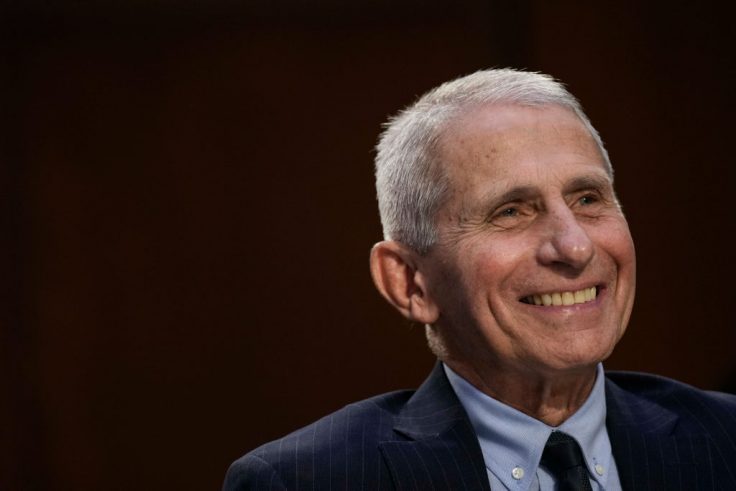Dr. Anthony Fauci on Thursday said Americans should get COVID-19 booster shots "at least once a year," even as studies indicate further vaccination provides little protection against the virus.
"It is likely that we will require an intermittent [booster], likely at the same time as we get a flu vaccine, at least once a year," Fauci said on MSNBC.
The comment comes as recent studies show boosters have limited benefits, with protection waning just weeks after vaccination, Science reported. Natural immunity to COVID is just as effective as vaccines, according to a February medical journal study.
Few Americans have actually gotten booster shots despite warnings of a potential winter surge. As of early January, only 18 percent of U.S. adults have received the bivalent booster—a mere fraction of the 79 percent who got the first round of shots.
Fauci noted that it's "likely" the virus will not "disappear," so Americans should be prepared for frequent vaccines.
"It's not going to be eradicated, and it's not going to be eliminated," Fauci said. "It's gonna be around, you know, for the foreseeable future."
Fauci has come under fire for recent reports showing he commissioned a scientific study in February 2020 to dispel the Wuhan lab-leak theory, even as evidence suggested the virus leaked from the Wuhan Institute of Virology.
During an April 2020 White House press conference, Fauci pointed to the study, called "The Proximal Origin of SARS-CoV-2," as evidence to discount the possible lab-leak theory. He pretended to be unfamiliar with the authors of the study, even though he had talked two months prior with the researchers about the study.
Both the Energy Department and FBI have pointed to the Wuhan lab as the likely source of the virus.
Fauci's National Institute of Allergy and Infectious Diseases funded high-risk research conducted at the lab. New reports show that the U.S. government may have made duplicate payments to the Wuhan lab, possibly in the tens of millions of dollars.
